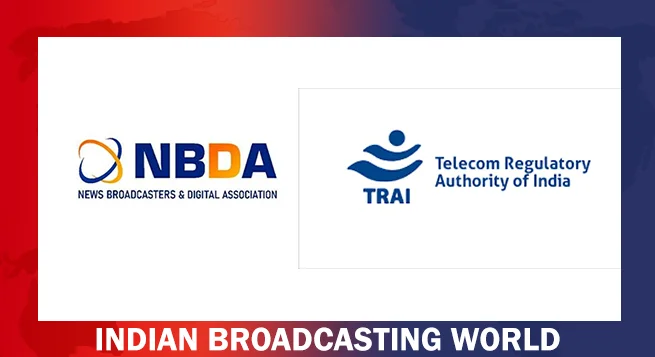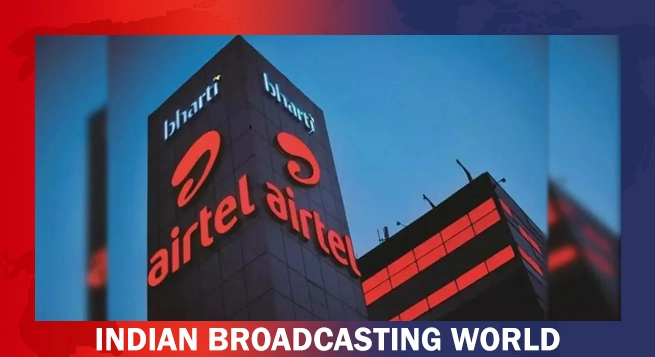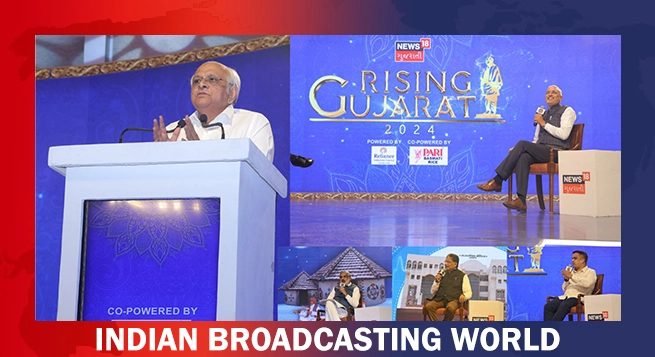The US Justice Department is likely to reject concessions offered by Alphabet Inc., clearing the way for an antitrust lawsuit over Google’s dominance of the online advertising market, according to people familiar with the matter.
While Google has made at least one settlement offer to the Justice Department’s antitrust division to address its concerns, the agency is poised to file a lawsuit in the coming weeks, two people said, speaking anonymously to discuss a confidential probe, according to a Bloomberg report.
The division has been investigating Google’s practices in the ad-tech market since 2019 and in 2020 sued the company over its search operations. The inquiry into the advertising market has accelerated in recent months under the supervision of the antitrust division’s No. 2 official, Doha Mekki, the people said.
Assistant Attorney General for Antitrust Jonathan Kanter declined to comment on the Google probe when asked about it at a conference Tuesday. But Kanter stressed the agency is committed to litigating antitrust cases in court, particularly when it comes to monopolization.
The Mountain View, California-based company owns major pieces of the online ad market, which generated $31.7 billion in gross revenue for the firm last year. It runs an ad-buying service for marketers and an ad-selling one for publishers, as well as a trading exchange where both sides complete transactions in lightning-fast auctions.
Google has proposed splitting part of its business that auctions and places ads on websites and apps into a separate company that would remain under the Alphabet umbrella, according to a person familiar with the matter, who declined to be named discussing confidential matters.
Dina Srinivasan, a former ad agency executive, has compared Google to a financial exchange that owns both sell- and buy-side operations. In finance, these operations are often required to be run with a firewall of separation and distinct ownership. A Google proposal to place its unit under the same parent company, with the same CEO, without similar remedies wouldn’t eliminate any of its monopoly advantages, according to Srinivasan. “It’s an offer of nothing, basically,” she said.
 TRAI revamps website to connect with wider audience
TRAI revamps website to connect with wider audience  Prime Video to limit in India number of TV sets having access per subscription
Prime Video to limit in India number of TV sets having access per subscription  Delhi HC orders meta to remove deepfake videos of Rajat Sharma
Delhi HC orders meta to remove deepfake videos of Rajat Sharma  Govt. blocked 18 OTT platforms for obscene content in 2024
Govt. blocked 18 OTT platforms for obscene content in 2024  Broadcasting industry resists inclusion under Telecom Act
Broadcasting industry resists inclusion under Telecom Act  Yearender 2024 most anticipated film sequels of 2025
Yearender 2024 most anticipated film sequels of 2025  Airtel faces outage, users across India report network disruptions
Airtel faces outage, users across India report network disruptions  Kartik Aaryan to star in ‘Tu Meri Main Tera, Main Tera Tu Meri’
Kartik Aaryan to star in ‘Tu Meri Main Tera, Main Tera Tu Meri’  ‘MasterChef India’ returns with a celebrity twist
‘MasterChef India’ returns with a celebrity twist  News18 Gujarati hosts ‘Rising Gujarat’
News18 Gujarati hosts ‘Rising Gujarat’ 








